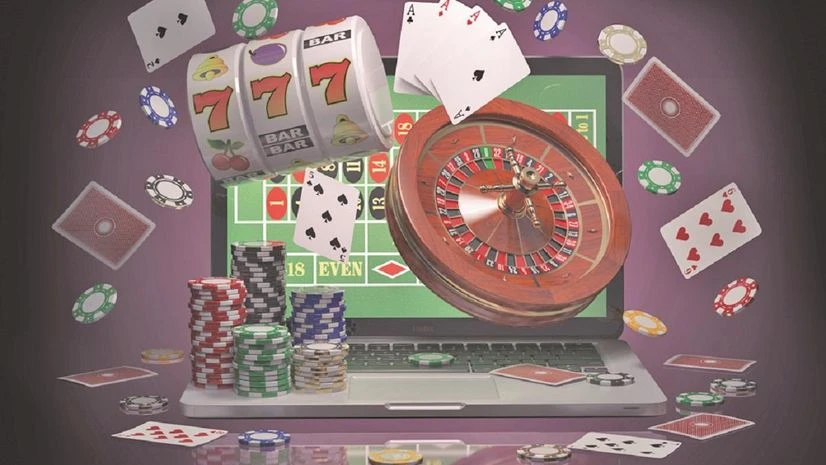The Goods and Services Tax (GST) Council, in its 51st meeting on August 2, 2023, decided to stick to its earlier decision to impose a 28 per cent tax on the full face value of the bets placed on online gaming, casinos and horse-trading.
The council said a 28 per cent GST would apply from October 1. But how will this tax work, and how is it different from the older tax norms for the online gaming industry? Let's find out.
Earlier tax norms for the online gaming industry
Before the GST Council's decision, the online gaming industry had to shell out an 18 per cent tax on gross gaming revenue or GGR. GGR is the difference between the money wagered by the players and the amount paid as winnings.
Suppose five players had put in Rs 1,000 each for a game. The total wagered amount is Rs 5,000. Out of this, suppose Rs 2,000 were given out in the form of winnings to the players. Then, the company had to pay 18 per cent GST on Rs 3,000, which amounts to Rs 540.
Also Read
From the angle of a player, they were mandated to pay an 18 per cent tax on the platform fee. The company charges this fee when the players place a bet on a platform.
Here, suppose in the above case, a platform charges 10 per cent of the wagered amount as the fee. So, the player was liable to pay Rs 180 as tax on the platform fee.
New tax norms
Under the new norms, the tax burden has been transferred to the customers.
Now, a 28 per cent tax will have to be paid on the amount deposited by the player in a game. Suppose a player puts in Rs 1,000 in a game. They will have to pay a GST of 28 per cent, amounting to Rs 280.
Then, they will be charged a platform fee by the company. This varies across the platforms. Here, we will assume that the platform fee is 10 per cent, amounting to Rs 100.
Till now, the player's liability on a deposit of Rs 1,000 is Rs 380 (Rs 280 as tax and Rs 100 as platform fee).
Now, there can be two scenarios. If a player loses, he will have to forego the entire amount in addition to the taxes paid. If a player wins, say, Rs 2,000, they will have to shell out another 30 per cent as tax deducted at source (TDS). This will be Rs 600.
So, even if a player wins Rs 2,000 on an initial deposit of Rs 1,000, their total liability will be Rs 980 (assuming the platform fees as 10 per cent).
This is considerably higher than the previous rule, where they were supposed to pay only 18 per cent tax on platform fees, which is Rs 18 in this case.
Let us first assume that a player wins.
Under the old rules, their liability, including the platform fee, was Rs 100 platform fee plus Rs 18 as tax plus Rs 600 on winnings, totalling Rs 718.
Under the new norms, the player's liability will be Rs 280 as GST plus Rs 100 as platform fee plus Rs 600 as the tax on winnings; the total will be Rs 980.
Moreover, if a player loses, in the old norms, their liability would be Rs 100 as a platform fee and Rs 18 tax on it, totalling Rs 118. In the new rules, it would be Rs 280 as GST plus Rs 100 as a platform fee, taking the total to Rs 380.
Repeated taxation
Under the previous announcement of the GST Council, the players were also asked to pay 28 per cent GST on the winnings. It would have meant that in the above case, when the winnings were Rs 2,000 if the players decided to bet the money again, they would have been liable for GST on it.
It would have meant that on top of the tax liability of Rs 980, another Rs 560 would have to be paid by the player just to bring the money back into the game.
This clause of repeated taxation has now been done away with.
Impact on gaming companies
The platforms will have to pay 28 per cent GST on the face value of the bet. So, in the above case, they will be required to pay Rs 280 on a bet of Rs 1,000.
Moreover, several experts have said that such a heavy tax burden on the players will discourage them from playing real money games. It would mean a lower number of subscribers and, eventually, investment into the industry.
Also, the companies cannot save the levy even if they shift their base outside India, as the GST council has decided to bring in registration requirements for discharging GST in India.

)
